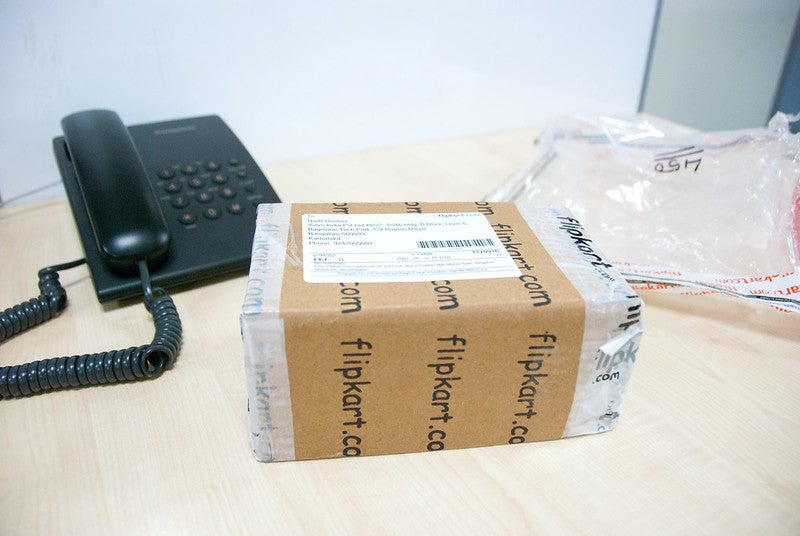
E-commerce retailer Flipkart has cut the usage of plastic packaging in its own supply chain by about 50%.
The achievement is part of the company’s efforts to reach zero waste. It has started removing plastic packaging and using paper-based packaging starting 1 May.
In Maharashtra, the retailer is replacing plastic security bags with security envelopes made of paper and recycled paper made cushioning materials.
The company has replaced all fillers and wrapping films.
Flipkart Group chief corporate affairs officer Rajneesh Kumar said: “Flipkart is strongly committed to environmental sustainability and is working actively with various partners on long-term sustainability initiatives, helping drive ecosystem awareness.
“We are pleased with the progress made in our own supply chain to introduce and explore different packaging concepts to have an impact now and in the future.”

US Tariffs are shifting - will you react or anticipate?
Don’t let policy changes catch you off guard. Stay proactive with real-time data and expert analysis.
By GlobalDataAs part of its commitment towards sustainable growth, Flipkart rolled out paper shreds that are eco-friendly, recycled paper bags, carton waste shredded material and 2 Ply roll and more.
The retailer is also working with all policy makers including state governments across the country and other ecosystem stakeholders for sustainable packaging alternatives adoption.
Additionally, it is working with more than 200,000 local sellers mostly micro, small and medium enterprises (MSME) in the country.
A majority of the MSMEs take up direct delivery of customer orders and are into own packaging decision-making.
In August last year, Flipkart achieved a 25% reduction in single-use plastic through various initiatives across its packaging value chain.
The company aims to move towards a 100% recycled plastic consumption in its own supply chain by March 2021.



